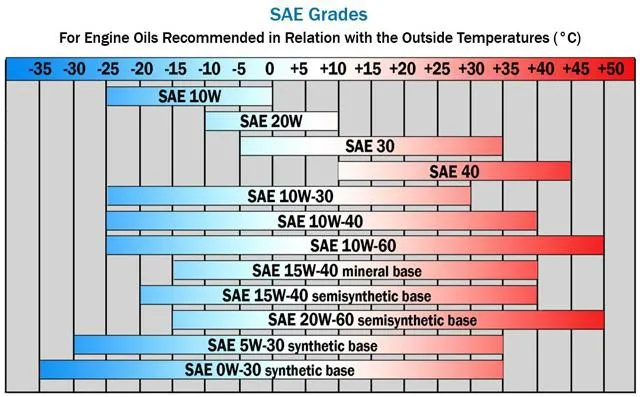When it comes to keeping your vehicle running smoothly, choosing the right engine oil is crucial. The type of oil you use can affect your engine’s performance and lifespan. Two common types of engine oil are 5W20 and 0W20, but what is the difference between them? In this article, we’ll take a closer look at each type of oil and help you determine which one is best for your vehicle.

What is 5W20 Oil?
5W20 oil is a type of engine oil that has a low viscosity, meaning it is thin and flows easily. The “5W” in 5W20 refers to the oil’s low-temperature viscosity, or how easily it flows in cold temperatures. The “20” refers to the oil’s high-temperature viscosity, or how thick it becomes at higher temperatures.
5W20 oil is often used in newer vehicles, particularly those with smaller engines and high fuel efficiency requirements. It is also used in some older vehicles, but it is important to check your owner’s manual to see what type of oil is recommended for your specific make and model.
What is 0W20 Oil?
0W20 oil is similar to 5W20 oil in that it also has a low viscosity. The “0W” in 0W20 refers to the oil’s extremely low-temperature viscosity, meaning it flows even more easily in cold temperatures compared to 5W20 oil.
Like 5W20, 0W20 oil is commonly used in newer vehicles with smaller engines and high fuel efficiency requirements. However, it is important to note that not all vehicles are compatible with 0W20 oil, so it is important to check your owner’s manual to see if it is recommended for your vehicle.
5W20 vs 0W20: Similarities and Differences
While 5W20 and 0W20 oil both have low viscosities and are commonly used in vehicles with smaller engines, there are a few key differences between the two.
Viscosity
The main difference between 5W20 and 0W20 oil is their viscosity in low temperatures. 0W20 oil has an even lower viscosity in cold temperatures compared to 5W20, meaning it flows more easily and can reach critical engine parts faster in cold weather.
Fuel Efficiency
Both 5W20 and 0W20 oil are designed to provide improved fuel efficiency compared to thicker oils. However, 0W20 oil is generally considered to be even more fuel-efficient than 5W20 oil.
Temperature Range
0W20 oil has a slightly wider temperature range compared to 5W20, meaning it can perform well in a wider range of temperatures. This can be especially beneficial in areas with extreme temperature fluctuations.
Vehicle Compatibility
Not all vehicles are compatible with 0W20 oil, so it is important to check your owner’s manual to see if it is recommended for your specific make and model. In some cases, using 0W20 oil in a vehicle that is not compatible with it can lead to engine damage.
Which is Better: 5W20 or 0W20?
The answer to this question depends on several factors, including your vehicle’s make and model, as well as your driving conditions.
If your vehicle is compatible with 0W20 oil and you live in an area with extremely cold temperatures, 0W20 oil may be the better choice for you. Its lower viscosity in cold temperatures and wider temperature range can help improve your vehicle’s performance and fuel efficiency.
On the other hand, if your vehicle is not compatible with 0W20 oil or you do not live in an area with extremely cold temperatures, 5W20 oil may be the better choice. It is a versatile oil that is commonly used in a wide range of vehicles and can provide improved fuel efficiency compared to thicker oils.

Convenience at Your Doorstep with On-Site Oil Change Service in Montgomery and Bucks County, PA
We’re serving in Ambler, PA. We also cater to Montgomery, Philadelphia, Bucks, County, and most of Southern New Jersey.
We offer Mobile Oil Changes in Blue Bell, Fort Washington, Doylestown, Camden, Horsham, Conshohocken, and King Of Prussia. We are the #1 Mobile Oil Change. Offering quality service for over a decade.
Final Thoughts
In conclusion, both 5W20 and 0W20 oil have their benefits and limitations, and the choice between them depends on several factors. It is important to follow the manufacturer’s recommendations regarding the type of oil to use in your vehicle and consider your driving conditions. Regular oil changes and following proper maintenance procedures can help ensure your vehicle’s longevity and performance.
